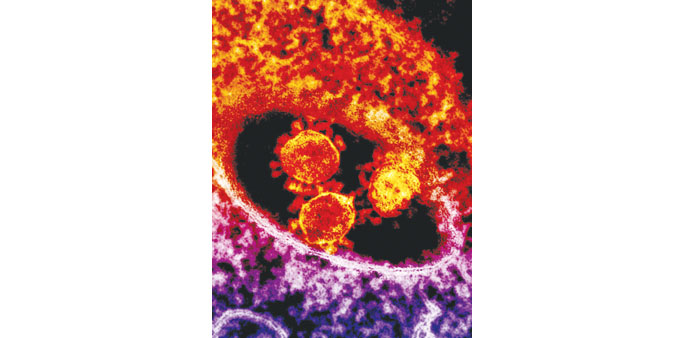By Martin Chulov and Sarah Boseley
The World Health Organisation (WHO) will hold urgent talks next week on the often fatal Mers virus, after a sharp increase in infections in Saudi Arabia, and the first reported case in Lebanon.
The virus has killed more than 160 people in the Middle East in the past two years - 126 in Saudi Arabia - and the number of cases in the region has risen in recent weeks.
There are fears that secondary infections may be rising, raising the potential for a greater global spread, and stirring memories of the Sars virus, which claimed more than 700 lives in East Asia in 2003.
Mers is a coronavirus, like Sars, but is not transmitted as easily. However, more than 30% of people infected with it die, as opposed to a 10% mortality rate with Sars. The relatively high death rate has alarmed health officials across the region.
Another five deaths and 14 new infections were announced by Saudi authorities yesterday.
After a fact-finding mission to Jeddah this week, the WHO said there had been no “significant change in the tranmissibility of the virus”. It said most Saudi cases had occurred in healthcare centres and special screening and travel restrictions were not yet necessary.
There is no vaccine for Mers and experts are still struggling to establish why it has become so potent.
Infected patients typically suffer from a lung infection that causes fever, coughing and breathing difficulties. Some also suffer rapid kidney failure.
Most of those who became ill were either hospital staff or patients who had been admitted for some other reason.
Lebanese Health Minister Wael Abu Faour said thermal scanners had been installed at Beirut airport in a bid to detect feverish travellers infected with the virus. He said the one patient so far diagnosed with Mers had been treated and released from hospital.
The WHO said 496 cases of Mers had been recorded in the past two years, 463 of which were in Saudi Arabia. Only 254 were confirmed in laboratories. The virus is thought to have originated from camels. Page 3

